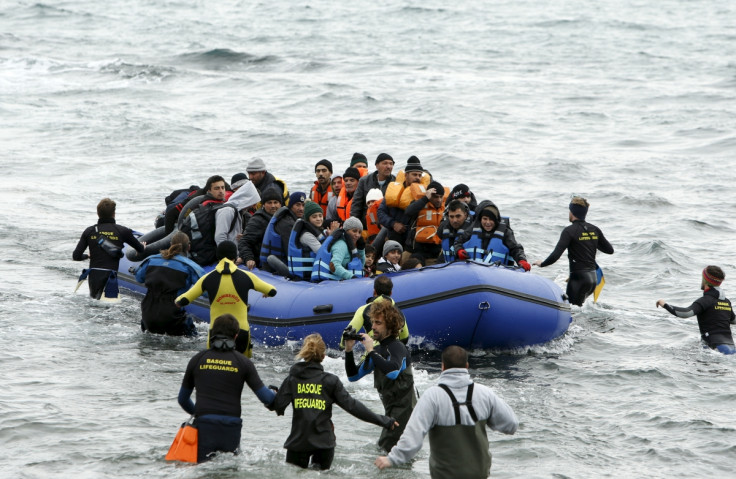Guernsey minister Jonathan Le Tocq blames island's Islamophobia for refugee snub

The chief minister for Guernsey, Jonathan Le Tocq, has blamed the Channel island's "Islamophobia" for its failure to accept any refugees under the UK government's Syrian Vulnerable Persons Relocation Scheme. Although the minister said that the island could meet many of the necessary UN requirements, including education, it would not be able to guarantee the security of refugees on the island.
Speaking to the BBC Le Tocq said that Islamophobia from some of the island's resident was part of the decision to refuse refugees entry: "There's certainly a lot of Islamophobia and negativity that's been around and that would entail that it would be difficult for us to ensure that [the refugees] would find the sorts of security and stability here in Guernsey."
His words reinforced an official statement from the island's policy council that said: "Following a review of the island's infrastructure and legal framework, the policy council has concluded that Guernsey is not currently able to participate in the UK government's Syrian Vulnerable Persons Relocation Scheme. At present, the supporting infrastructure is not fully in place for the island to accept these vulnerable individuals whom the UK is seeking to temporarily resettle, in the way which meets their specific needs."
EU member states have been dealing with the largest mass migration across country borders since the Second War as refugees flee war-torn Middle East countries including Syria and Iraq.
A total of 55,528 refugees and migrants made the treacherous journey across the Mediterranean Sea in search of a better life in Europe last month according to the International Organisation for Migration (IOM). The figure is more than 35 times as many as attempted the crossing in the same period during 2015, and is a rate of nearly 2,000 a day.
As one of three Crown dependencies, the others being the Isle of Man and the Bailiwick of Jersey, the Bailiwick of Guernsey governs itself and is not part of the UK, although it maintains a good relationships with UK governments. Nor is Guernsey a member of the European Union, although it enjoys a free trade agreement with mainland Europe and lies around 35 miles off France's shores.
© Copyright IBTimes 2025. All rights reserved.






















